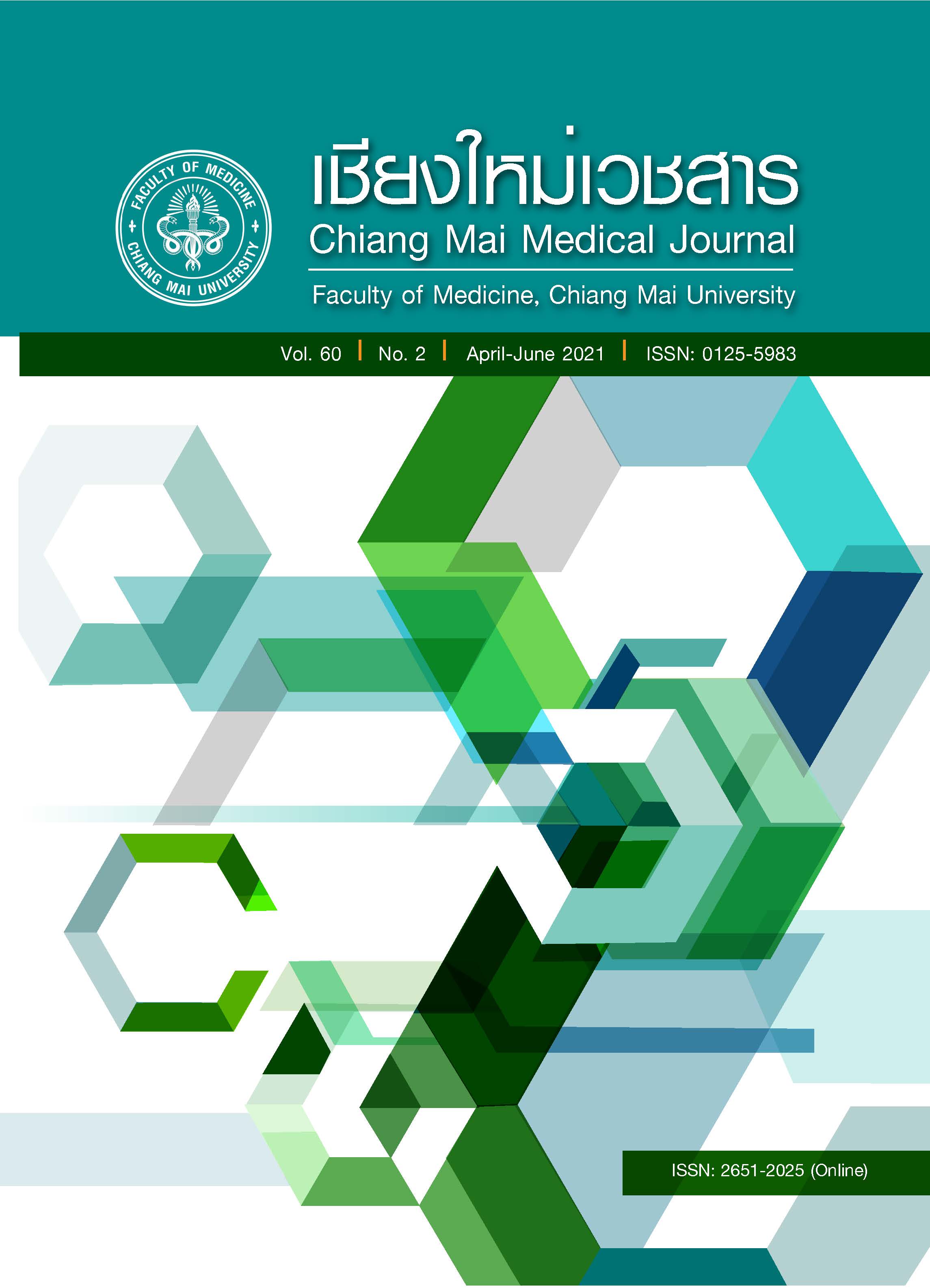Identification and prevalence of factors associated with the outcome of psychiatric treatment of youths who refuse to attend school
Keywords:
school refusal, outcome, resumed attending school, youthAbstract
Objectives To assess the prevalence and investigate factors associated with resumption of school attendance by youths who have previously refused to go to school.
Methods Between 2012-2018, a retrospective cross-sectional study measured the baseline situation and outcomes after 3 months of treatment at one tertiary child and adolescent psychiatric service of youths who refused to attend school. Sociodemographic, clinical and family characteristics as well as school environment characteristics and child behavior were used to identify possible correlations with short-term outcomes of youths who had refused to attend school.
Results A total of 111 patients age 5-18 displayed a refusal to attend school. Of those, 71 patients who could be followed up for at least 3 months were examined. Of those 71 patients, 22 (31%) resumed regular school attendance and 21 patients (29.6%) resumed attending school occasionally. All subjects had been diagnosed with a psychiatric disorder at baseline, and 32.4% had been diagnosed with at least two psychiatric disorders. Multiple logistic regression revealed that younger age below 14.58 years (p = 0.003), having siblings (p = 0.014), living with biological parents (p = 0.018) and having had negative interactions with teachers or learning (p = 0.029) correlated with favorable outcomes.
Conclusions Youth who refuse to attend school have a high incidence of psychiatric disorders. Short-term outcomes of psychiatric treatment are fair. Outcomes of treatment of psychiatric disorders are associated with four factors: age, having siblings, living with biological parents, and having had negative interactions with teachers or learning. However, other outcomes eg., emotional/behavioral symptoms, self-efficacy, social adjustment, well-being of the patient/family and global assessment of functioning should also be considered.
References
King NJ, Bernstein GA. School refusal in children and adolescents:a review of the past 10 years. J Am Acad Child Adolesc Psychiatry. 2001;40:197-205.
Fremont W. School refusal in children and adolescents. Am Fam Physician. 2003;68:1555-62.
Greenberg L, Webster G, Stojanovska M. School-Refusal every school day counts [Internet]. [cited 2020 June 20]. Available from:https://www.swslhd.health. .nsw.gov.au/services/ICAMHS/pdf/school_booklet.pdf
Havik T, Bru E, Ertesvag SK. School factor associated with school refusal and truancy related reasons for school non- attendance. Soc Psydhol Educ. 2015;18:221-40.
Elliott JG. Practitioner review: School refusal: issues of conceptualization, assessment, and treatment. J Child Psychol Psychiatry. 1999; 40:1001-12.
Witulchart C. School refusal or school phobia. In: Boonyaprakob V, Suampun U, Limsuwan N, editors. Textbook of child psychiatry for pediatricians. 2nd ed. Bangkok: Chuanpim; 1995: 258-62. [in Thai]
Limsuwan N. School refusal in child and adolescent patients at Ramathibodi Hoepital. J Psychiatr Assoc Thailand. 2012;57:39-46.
Last CG, Strauss CC. School refusal in anxiety-disordered children and adolescents. J Am Acad Child Psychiatry. 1990;29:31-35.
Sukanich P. Emergencies in child psychiatry. In:Piyasil V, Ketumarn P, editor. Textbook of child and adolescent psychiatry. Bangkok: Beyond Enterprises; 2002. p. 319-28.
Panyayong B. School refusal. In: Lotrakul M, editor. Manual of mental health and psychiatric care for physicians (Thai). Department of mental health; 2001. [in Thai]
Sewell J. School refusal:a review. Aust Fam Physician. 2008;37:406-8.
McShane G, Walter G, Rey J. Functional outcome of adolescents with ‘school refusal.’ Clin Child Psychol Psychiatry. 2004;9:53-60.
Prabhuswamy M, Srinath S, Girimaji S, Seshadri S. Outcome of children with school refusal. Indian J Pediatr. 2007;74:375-9.
Rodriguez, A, Rodriguez, M, Eisenberg, L. The outcome of school phobia:a follow-up study based on 41 cases. Am J Psychiatry 1959;116: 540-44.
Henig RM. Give thanks for siblings:they can make us healthier and happier. The New York Time Magazine. 2014.
Sewell J. School refusal:a review. Aust Fam Physician. 2008;37:406-8.
Gubbels J, Van der Put CE, Assink M. Risk factors for school absenteeism and dropout:A meta-analytic review. J Youth Adolesc. 2019; 48:1637-67.
Lagana MT. Protective factors for inner-city adolescents at risk of school dropout:Family factors and social support. Child Sch. 2004;26: 211-20.
Sahin S, Arseven Z, Kiliç A. Causes of student absenteeism and school dropouts. Int J Instr. 2016;9:195-210.
Bahali K, Tahiroglu AY, Avci A, Seydaoglu G. Parental psychological symptoms and familial risk factors of children and adolescents who exhibit school refusal. East Asian Arch Psychiatry. 2011;21:164-69.
Kiani C, Otero K, Taufique S, Ivanov I. Chronic absenteeism:A brief review of causes, course and treatment. Adolesc Psychiatry. 2018;8: 214-30.
Downloads
Published
How to Cite
Issue
Section
License

This work is licensed under a Creative Commons Attribution-NonCommercial-NoDerivatives 4.0 International License.










